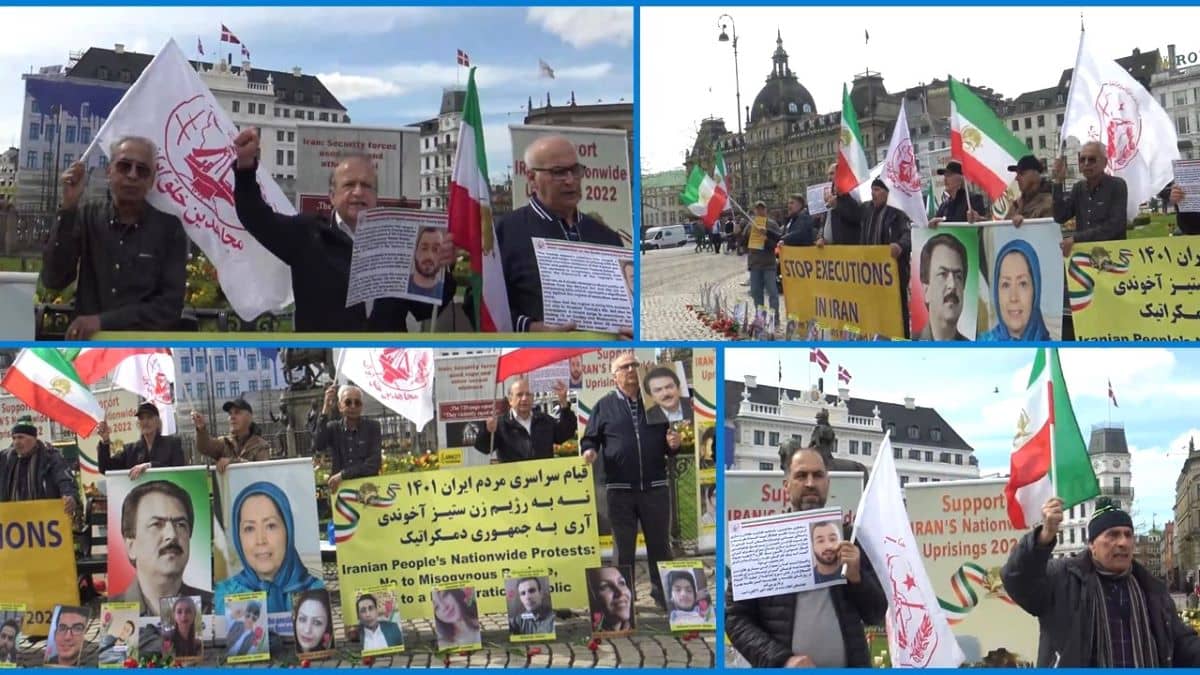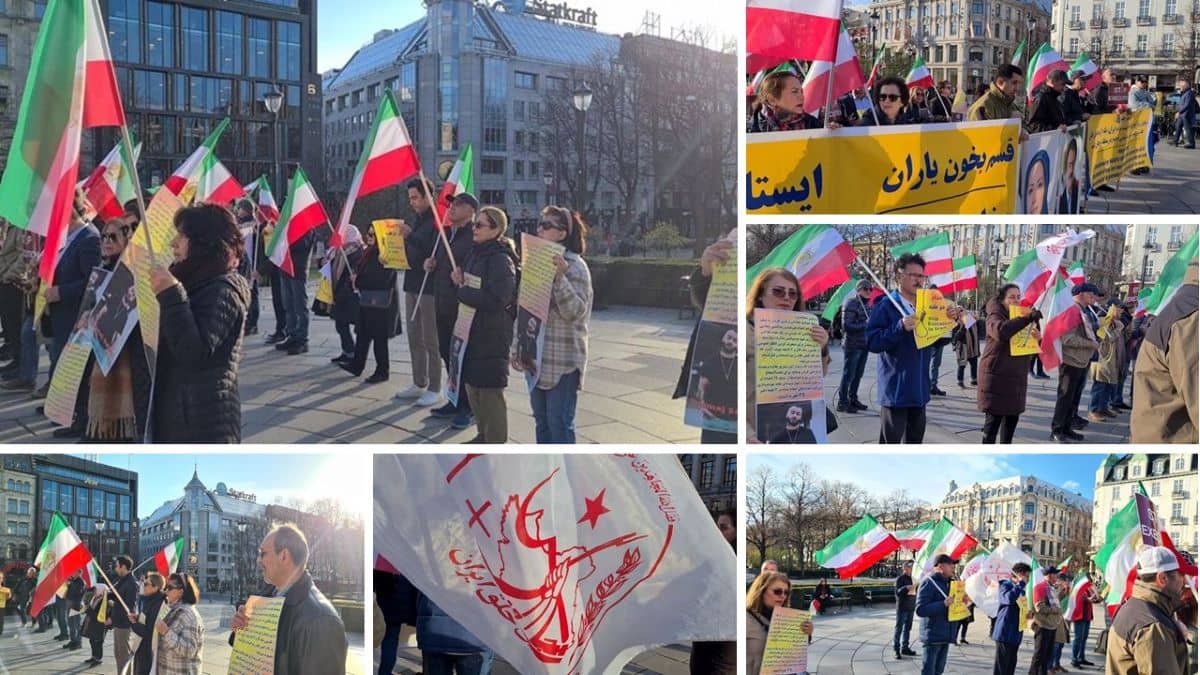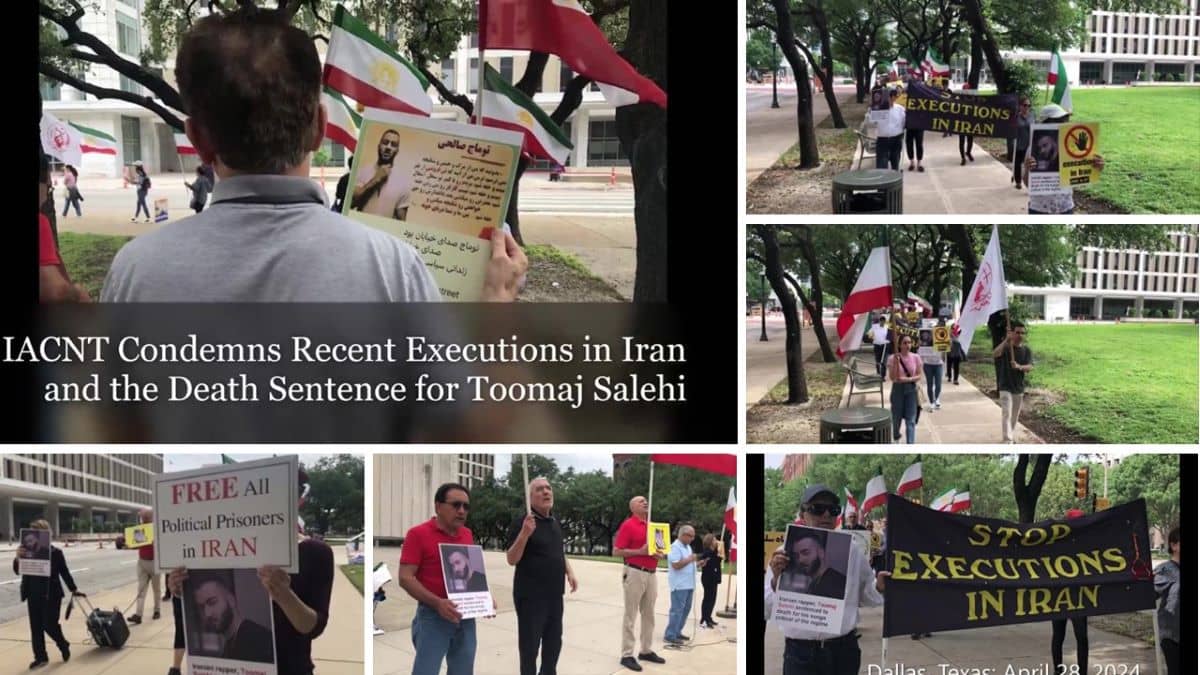The meaning of Argentina’s call on extradition of Ali Akbar Velayati
On July 12. The state-run media in Iran reported that Ali Akbar Velayati, a Rouhani’s special envoy and Khamenei’s top adviser has traveled to Russia for consultations on “strategic objective”.
The timing of the trip coincided with coming the issue of expulsion of the clerical regime from Syria on the table. In this regard, on July 12, 2018 the US Secretary of State, Mike Pompeo tweeted:
Together with our allies #UK, #France, #Germany, #SaudiArabia, #Jordan, today we reaffirmed our support for the Syrian political process and our goals of removing Iran’s influence, defeating #ISIS, deterring chemical weapons use. pic.twitter.com/XXurIn0k3r
— Secretary Pompeo (@SecPompeo) July 12, 2018
Terrorist groups, Russian acts of hybrid warfare, Iranian aggression, and many other threats all directly jeopardize the security of our people. That’s why U.S. is asking all @NATO allies to increase their cooperation with partners in Africa and the Middle East. pic.twitter.com/pB9eumwMu7
— Secretary Pompeo (@SecPompeo) July 11, 2018
While the clerical regime was magnifying the trip and its margins the press suddenly announced that a federal courts of Argentina has demanded from Russia and China that Ali Akbar Velayati be arrested and extradited to the country in charge of collaboration in the bombing of the AMIA in Buenos Aires in 1994, which left 85 killed and 300 injured. It turned into a scandal for the entire Iran regime while in the middle of an official visit with so-called strategic goals.
AMIA bombing and the involvement of Iranian regime’s officials in the operation
In 1994, the Iranian Resistance publicized, with the details, that the explosion of the AMIA had been carried out by the Iranian regime, involving the regime’s senior authorities in that. In 2006, the Argentine’s prosecutor called on INTERPOL to Issue the international arrest warrants for the Iran regime’s officials at the time of the AMIA’s explosion. The list of perpetrators included Akbar Hashemi Rafsanjani (president), Ali Akbar Velayati (Foreign Minister), Ali Fallahian (Minister of Intelligence), Mohsen Rezaei (Revolutionary Guard Corps’ Commander), Ahmad Vahidi (Commander of the Qods Force) Hadi Sulimanpour (regime’s ambassador to Argentina), Ahmad Reza Asghari (the agent of the Quds Force in Argentina at the cover of diplomat), Mohsen Rabbani (regime’s cultural advisor in Argentine) and Imad Mughniyeh (Hezbollah’s prominent member).
Concealing the case of arresting the Iran regime’s officials and assassinating the AMIA’s bombing chief investigator, Alberto Nisman
Due to the collusion between the Iran regime and the government of Argentina, the international arrest warrants were not enforced. Judge Alberto Nisman, the former prosecutor of Argentina, had accused the former president of covering the role of the Iran regime in the AMIA bombing in exchange for an immense business deal with Tehran.
The Argentinian prosecutor was about to present his report to Congress in January 2015, but two days before the scheduled date, his body was found in the bathroom with a bullet in the head and a pistol next to him. At that time, the inspector of the case said Nisman had not committed suicide and had been assassinated.
The court in which the Nisman’s case was looked into, exculpated Christina Fernandez, but the persistence of people in Buenos Aires seeking to discover the truth and to clarify exactly how Nisman died, led to a serious political crisis in Argentina.
Finally, based on the Iranian resistance’s revelations and independent investigations, it was announced that a team of prosecutorial and forensic investigators has concluded that Albert Nisman, who had prosecuted the 1994 Buenos Aires bombing, as well as the case of former president of Argentina for covering up the role of the Iranian regime officials’ in the operations, was assassinated.
The then president of Argentina and some officials have been accused of colluding with the Iranian regime to conceal the role of perpetrators of that terrorist crime in exchange for a $ 7 billion oil deal.
The meaning of calling for Velayati’s extradition by the Government of Argentina,
So far, due to the malicious appeasement policy and collusion for economic benefits, the Iran regime and its diplomat-terrorists, mainly, have been able to prevent applying justice.
For example, in January 2017, the Argentine media revealed Javad Zarif’s letter to the Argentinian foreign minister, in which he had acknowledged that the regime’s goal of signing an MOU with the previous government of Argentina was to elude the INTERPOL’s international arrest warrants against the most prominent figures of the regime, due to their role in The terrorist operation of Buenos Aires.
The timing of calling for extradition is noteworthy, which is during an official visit for so-called “strategic causes”.
Indeed changes in the international policy regard the Iranian regime, and marginalization of appeasement policy alongside the explosive conditions inside Iran, have driven the clerical regime to a much weaker position in the international balance of power, and the turn of events is not in the favor of the Iran rulers anymore.
That is the reason, after revealing the latest Iran regime’s foiled terrorist plot in Belgium, the news of the arrest of a regime’s diplomat, Assadollah Asadi, for the first time, is widely broadcasted in the media and other terrorist acts of the regime, such as the AMIA case, is again raised.
In this regard, particularly, the United States advised other countries to be vigilant about the Mullahs regime’s abuses of the diplomatic resources as cover for terrorist manners.
“If Iran can plot bomb attacks in Paris, [it] can plot attacks anywhere in the world and we urge all nations to be vigilant about Iran. The most recent plot… is another chapter in a long history that dates back to 1984,” the official added.
MEP Anders Vistisen, a representative of the Danish People’s Party, also spoke out against Tehran, posting on Twitter: “Iran’s behavior and support for terrorism is unacceptable. EU needs to end appeasement policy: Iran is a threat to EU and Mideast stability and security.”
It is time for the European policymaker to respond to the call of uprising Iranian people and the victims of the Iranian regime’s crimes all over the world to shut down all the Mullahs’ embassies as the centers of terrorism and expelling their intelligence agents from the European soil. It is the right decision for security of their own citizens and diaspora Iranians too.





